Home » Peacebuilding / Reconciliation
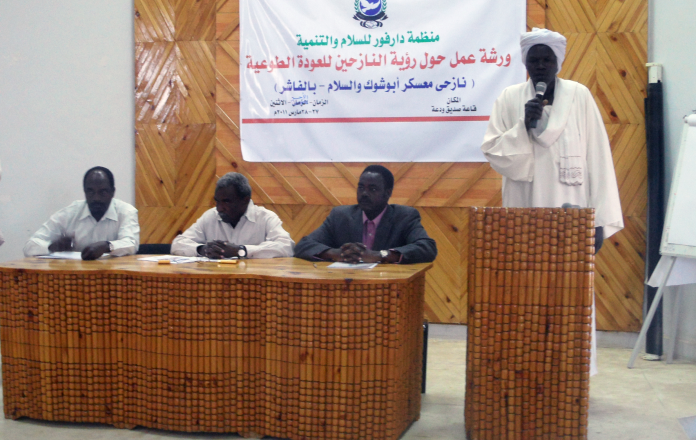
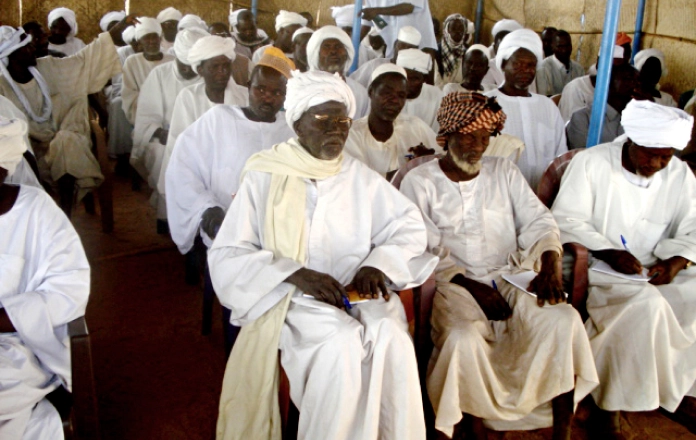
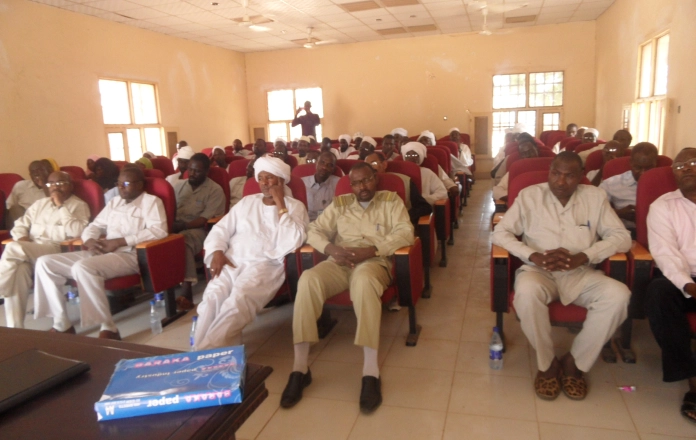
DPDO support local NGOs related to social cohesion through mediation, supporting mitigation in education projects, reconciliation, and local and state level, working inclusively in IDP camps.
Outcomes:
Preventing future deterioration opposed the peacebuilding efforts through building trust.
Assessment of root causes of the conflict for policy formation, implementation, and evaluation
Integration of vertical and horizontal social cohesion, capital, sophisticated conflict analysis, and actors mapping.
Challenges:
A wide variety of key actors define their role in peacebuilding.
Local NGOs to build a hub of network and knowledge sharing among civil societies
Promoting Sustainable Peacebuilding
Sustainable peacebuilding and conflict resolution are achieved by fostering trust and reconciliation among various members of society and conflicting parties. Peacebuilding and reconciliation can only succeed by engaging all stakeholders in the consensus-building process, listening to their needs and ideas, and representing them in the comprehensive plan.


One of the primary objectives of the organization’s establishment was peacebuilding. Since 2004, the organization has made every effort to stop wars and has contributed significantly to achieving that goal









The DPDO works on various initiatives aimed at mitigating the effects of armed conflict, achieving stability, and rehabilitating community infrastructure. Promoting social cohesion and revitalizing the local economy through women’s centers, community dialogue, and youth empowerment.
To achieve these goals,



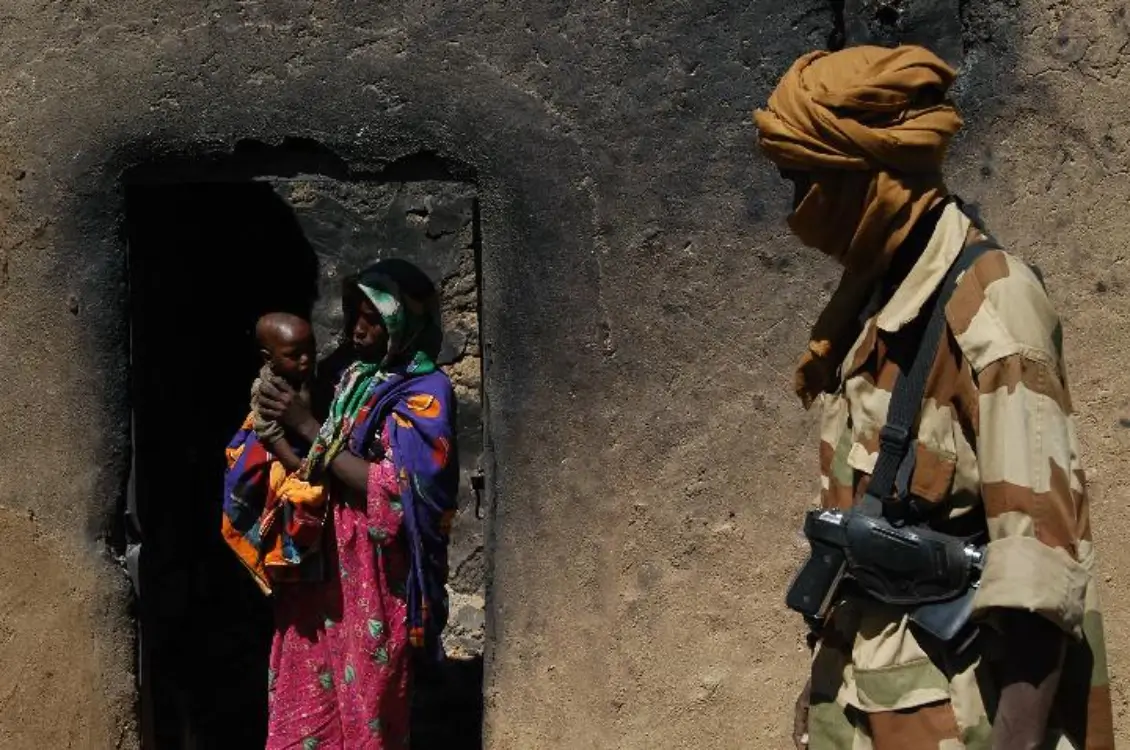

Changing knowledge and attitudes to improve the understanding of the root causes of violent conflicts among conflicting parties, shaping public discourse, and increasing mutual understanding.

Changing behavior by encouraging people to stop violent conflicts to reduce tension and support integration.

Structural changes that encourage an early response strengthen the social network, empower local decision-makers, and change public policy and decision-making mechanisms.
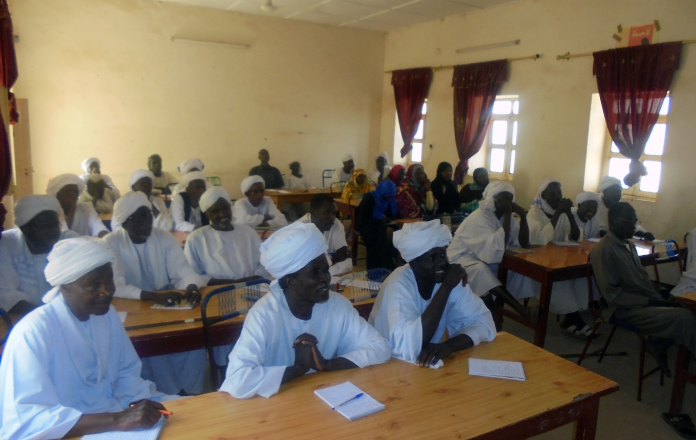
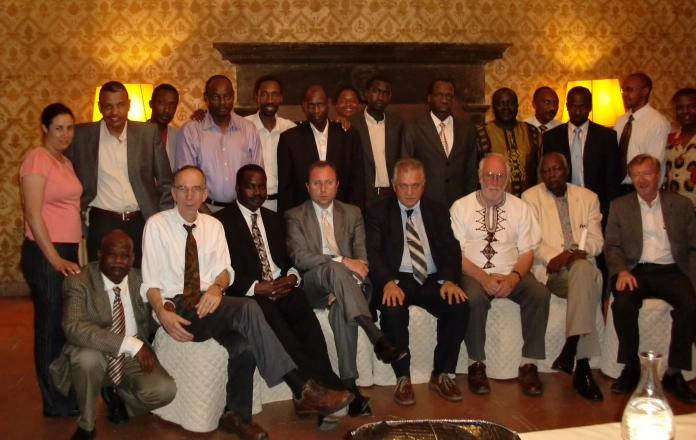
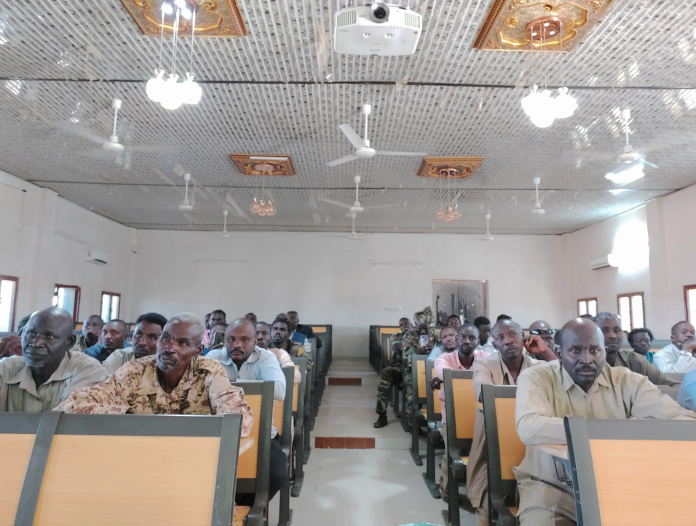
The organization established centers in North Darfur, Abu Shouk Camp and Kassab Camp, and in South Darfur, Kalama Camp. These centers provide comprehensive services to support the recovery of rape victims through psychological sessions, confidence-building courses, and encouraging local production by finding external markets.






An income-generating opportunity for women who support their families. The organization provided headquarters at the centers, basic services, and raw materials for making mandala. These were marketed in the United States, and the proceeds were sent to the women in the camps. It was an opportunity to feel productive, rather than solely dependent on organizations, and it had a positive impact. More than 8,000 women benefited from the programs (health, handicrafts, and adult education).


The centers also host a range of community-oriented programs, including adult education initiatives and early childhood learning through kindergartens. In addition, over 600 women have received hands-on training in the use and maintenance of solar stoves — empowering them with sustainable cooking solutions.
Solar Cooker used as a tool to reduce the risks of firewood collection and a potential source of income for the women who make it and train others to use it. Twenty-six participants attended our training in Nyala, where internally displaced people are now using our solar stoves.
US Special Envoy for Sudan Scott – in Abu Shouk camp for displaced persons, with the health of Dr. Suliman Giddo,


Dr. Sabah holds a Bachelor of Medicine and Surgery from Sanaa University, Republic of Yemen. She is a certified obstetrician and gynecologist by the Jordanian Board of Obstetrics and Gynecology, and the Arab Board of Obstetrics and Gynecology. Prior to her current role as Deputy Director of the Modern Medicine Center, she served as an Obstetrics and Gynecology Specialist at the Dubai Health Authority, Director General of Sharjah City Medical Center, and Medical Director of the National Center of Modern Medicine. Dr. Sabah is a member of the Emirates Medical Association and currently serves as the Chairman of the Supreme Council of Consulting and Training Group (Five and One Training Centre) within Mohammed bin Rashid’s projects – Government of Dubai. Additionally, she is the Chairman of KENZEL FACILITY MANAGEMENT within Mohammed bin Rashid’s projects – Government of Dubai. Dr. Sabah’s extensive experience and leadership in the medical industry make her a valuable asset to our DPDO organization.
Dr. Sabah holds a Bachelor of Medicine and Surgery from Sanaa University, Republic of Yemen. She is a certified obstetrician and gynecologist by the Jordanian Board of Obstetrics and Gynecology, and the Arab Board of Obstetrics and Gynecology. Prior to her current role as Deputy Director of the Modern Medicine Center, she served as an Obstetrics and Gynecology Specialist at the Dubai Health Authority, Director General of Sharjah City Medical Center, and Medical Director of the National Center of Modern Medicine. Dr. Sabah is a member of the Emirates Medical Association and currently serves as the Chairman of the Supreme Council of Consulting and Training Group (Five and One Training Centre) within Mohammed bin Rashid’s projects – Government of Dubai. Additionally, she is the Chairman of KENZEL FACILITY MANAGEMENT within Mohammed bin Rashid’s projects – Government of Dubai. Dr. Sabah’s extensive experience and leadership in the medical industry make her a valuable asset to our DPDO organization.
Dr. Suliman A. Giddo is a highly accomplished expert with over twenty years of intensive and comprehensive experience in leadership, international relations, strategic planning, conflict resolution and disaster and emergency management; having successfully created strategic plans for governments and private institutions in the Middle East, Africa, and the United States. He is also a renowned academic and researcher at George Mason University, with a proven track record of excellence in teaching at American universities including the School of Business at Indiana, and serving in senior positions for several international organizations, including the prestigious American Red Cross, Management System International and Qatar Foundation. Dr. Giddo’s extensive experience includes serving as a consultant for the UA-UN joint mission. He also served as a board member for several institutions and organizations.
Dr.Giddo is the dynamic founder and president of Sub-Saharan University, which offers eight programs in diverse fields such as medicine and general surgery, nursing, medical lab, business administration, information technology, computer network, and banking and finance, with over 2000 enrolled students mostly from Internal Displaced Persons.
Dr. Giddo earned his Ph.D. in Peace Studies and Conflict Analysis and Resolution from George Mason University in the United States, where he demonstrated exceptional academic prowess. He also completed postgraduate studies in Humanitarian Assistance from Fordham University in New York, a Master of Science in Business Administration/Accounting from Strayer University in Virginia, where he was an outstanding alumni (2008), and post-graduate studies in Strategic Planning and Project Management from the prestigious Stanford University in California. Dr. Giddo obtained his B.Sc. in Business Administration from the University of Khartoum.